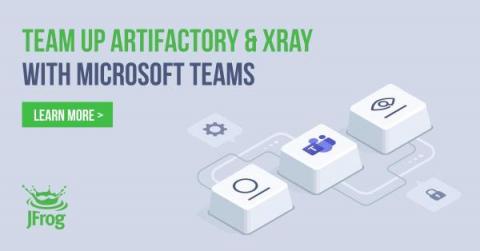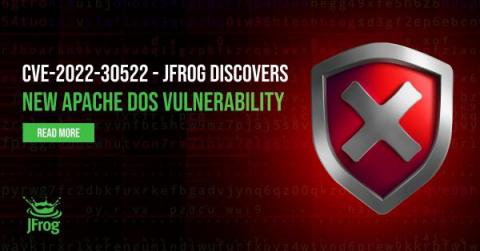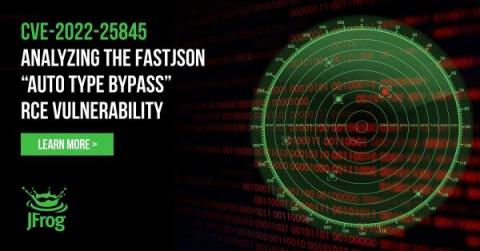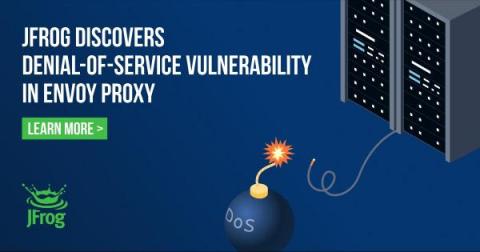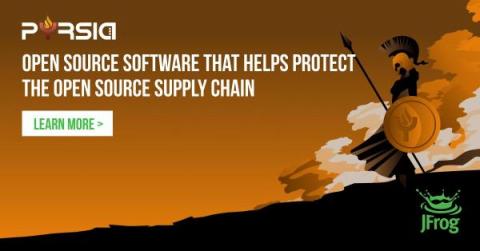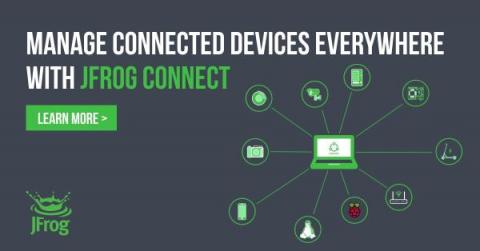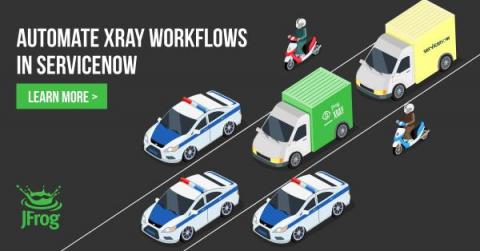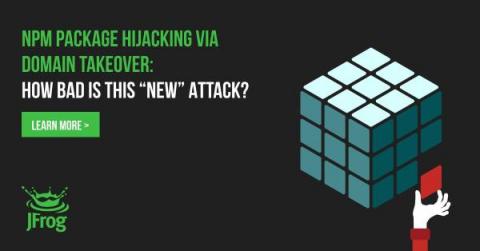Team Up on DevSecOps with JFrog Platform App for Microsoft Teams
The JFrog DevOps Platform is your mission-critical tool for your software development pipelines. The results of key binary management events in Artifactory, Xray, and Distribution can reveal whether or not your software pipelines are on-track to deliver production-quality releases.


